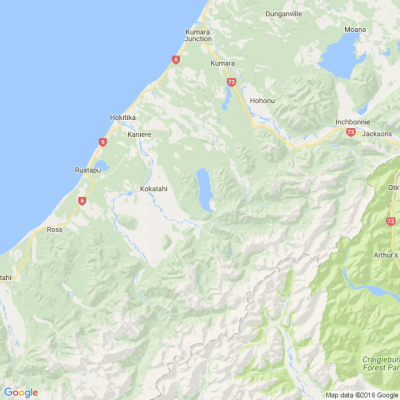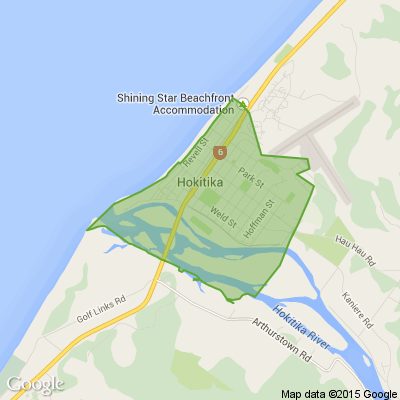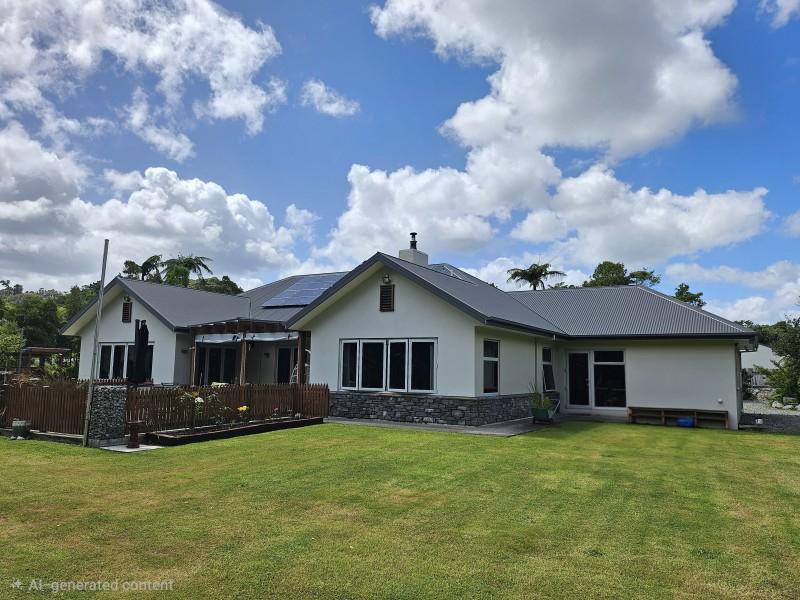Centralised healthcare lacks ‘local accountability’
By David Hill, Local Democracy Reporter
Bringing some healthcare decisions back into communities will help plug the gap in local accountability, say two North Canterbury mayors.
Waimakariri mayor Dan Gordon and Hurunui mayor Marie said they were pleased Te Whatu Ora Health New Zealand was considering local solutions for healthcare, but wanted to know more details on the plans.
In a major shakeup of the health system in 2021, locally-elected district health boards were scrapped and replaced with the centralised Te Whatu Ora.
However, in an interview with RNZ in February, Health Minister Dr Shane Reti indicated some health decision-making would return to the regions.
Responding to questions from Local Democracy Reporter, Reti said he expected to receive advice from the Ministry of Health soon.
This included future operating and funding models for primary and community care.
‘‘Community involvement in health service planning, with local solutions to local health challenges will remain essential to the delivery of health services,’’ he said.
‘‘These local groups should be involved in the design and delivery of services, so the healthcare focuses on the needs of, and is effective for, the community.’’
Local primary health organisations (PHOs), such was the Waitaha Canterbury PHO, played a key role in supporting their local communities and were providing input into Health NZ’s primary care development programme, he said.
The Government has also signalled Iwi-Māori Partnership Boards will play a key role in supporting high-quality community-led health care.
Gordon said since the demise of the Canterbury District Health Board (CDHB) there were gaps in ‘‘local accountability’’.
He is the council’s representative and deputy chairperson of the Waitaha Canterbury PHO board.
‘‘I have found since the centralsation of healthcare it has been a struggle to find local accountability. Even a local contact or authority to speak to.
This must be addressed.
Having a local voice close to the issues is vital.’’
The lack of a local board chairperson meant concerns would often be raised directly with the health minister, Gordon said.
‘‘The important thing for me is the patient and ensuring they are cared for and their needs are met, and if we have an issue, where do we go to get answers?’’
Black said retaining a local voice in healthcare was crucial, particularly for rural districts.
‘‘The important thing is we retain what we have and if we can increase health provision, that is where I would be lending my support.’’
She said the Hurunui District Health Services Group had been making good progress working with the former CDHB.
But this work had been on the backburner since the board was dissolved, ‘‘so whether there is the energy to reconsider this, I don’t know’’.
■ LDR is local body journalism co-funded by RNZ and NZ On Air.
Poll: Should the government levy industries that contribute to financial hardship?
As reported in the Post, there’s a $30 million funding gap in financial mentoring. This has led to services closing and mentors stepping in unpaid just to keep helping people in need 🪙💰🪙
One proposed solution? Small levies on industries that profit from financial hardship — like banks, casinos, and similar companies.
So we want to hear what you think:
Should the government ask these industries to contribute?

-
59.8% Yes, supporting people is important!
-
25.9% No, individuals should take responsibility
-
14.4% ... It is complicated
A Neighbourly Riddle! Don’t Overthink It… Or Do?😜
Do you think you know the answer? Simply 'Like' this post if you know the answer and the big reveal will be posted in the comments at 2pm on the day!
If you multiply this number by any other number, the answer will always be the same. What number is this?

Have you got New Zealand's best shed? Show us and win!
Once again, Resene and NZ Gardener are on the hunt for New Zealand’s best shed! Send in the photos and the stories behind your man caves, she sheds, clever upcycled spaces, potty potting sheds and colourful chicken coops. The Resene Shed of the Year 2026 winner receives $1000 Resene ColorShop voucher, a $908 large Vegepod Starter Pack and a one-year subscription to NZ Gardener. To enter, tell us in writing (no more than 500 words) why your garden shed is New Zealand’s best, and send up to five high-quality photos by email to mailbox@nzgardener.co.nz. Entries close February 23, 2026.







 Loading…
Loading…





